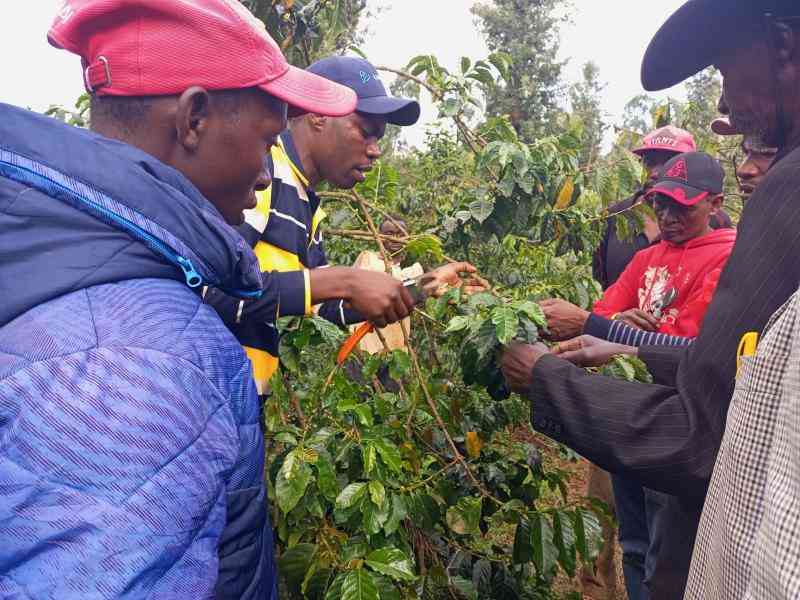×
The Standard e-Paper
Home To Bold Columnists

Coffee farmers across the country have protested delays in milling operations which they claim is hampering efforts to effectively revive the sector.
In the implementation of the coffee reforms, milling plants associated with the estate farmers were closed after they failed to comply with set regulations.







